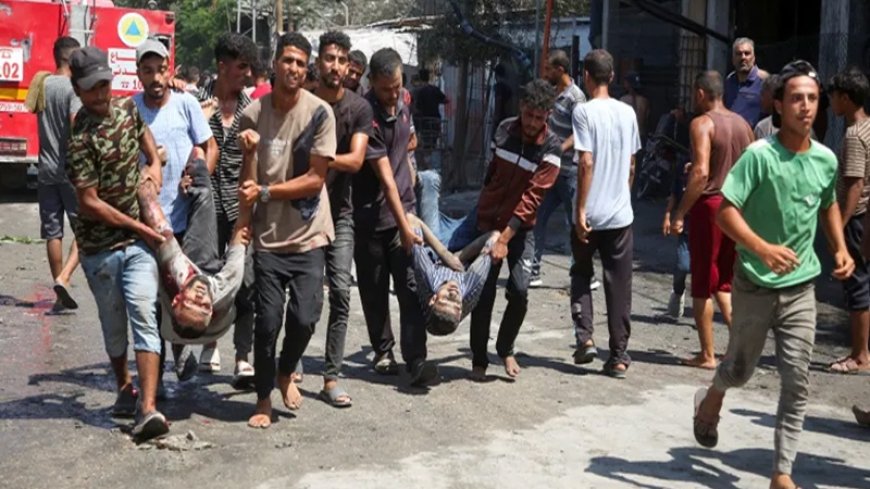In a significant development, the Israeli Prime Minister's Office has announced that Prime Minister Benjamin Netanyahu has agreed to send an Israeli negotiating team to participate in ceasefire talks in Gaza. The decision follows an intense six-hour meeting chaired by Netanyahu focused on advancing a prisoner exchange agreement.
The official statement from Netanyahu's office, cited by the Associated Press (AP), confirmed the Prime Minister's approval for the Israeli team's involvement in the negotiations. This decision is seen as a critical step towards de-escalating the ongoing conflict in Gaza.
Yediot Aharonot, a leading Israeli newspaper, reported that the negotiating team received a clear mandate to move forward with the discussions. The newspaper characterized the meeting between Netanyahu, the negotiating team, and top security officials as positive. The talks are expected to address not only the ceasefire but also the complex issues surrounding prisoner exchanges.
Israeli Defense Minister Yoav Galant expressed his support for Netanyahu's decision, emphasizing that recent operational gains in the conflict have created favorable conditions for negotiations. Galant acknowledged the limitations in the possibility of releasing hostages but stressed the unified support of Israeli security institutions for Netanyahu's initiative, despite some internal differences.
"Operational successes on the battlefield have paved the way for these talks," Galant stated. "All security agencies are aligned in supporting the Prime Minister's efforts to reach a viable agreement."
The announcement comes at a critical juncture as both sides have suffered significant losses and international pressure for a resolution has intensified. The ceasefire talks are seen as a hopeful sign of potential de-escalation in a region fraught with prolonged conflict and humanitarian crises.
The upcoming negotiations will focus on establishing a durable ceasefire and addressing the humanitarian needs in Gaza. The involvement of high-level security and political figures from both sides underscores the seriousness of the talks. As the world watches closely, the success of these negotiations could mark a pivotal moment in the Israeli-Palestinian conflict, offering a glimmer of hope for a more stable and peaceful future in the region.














































